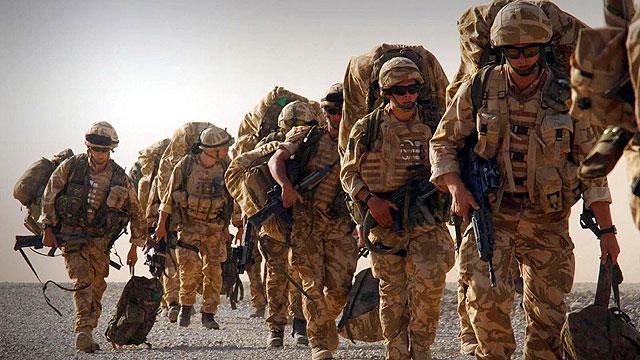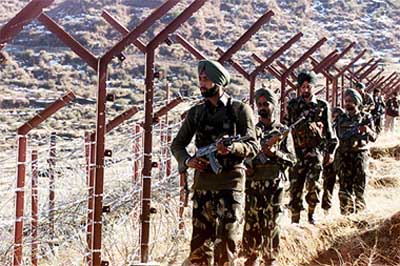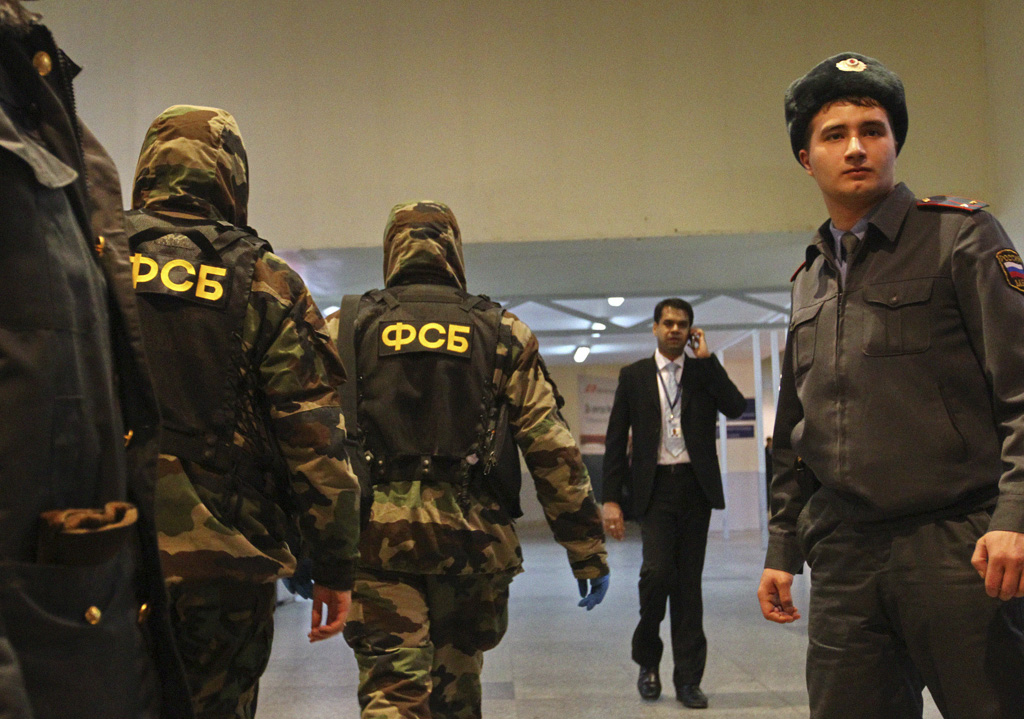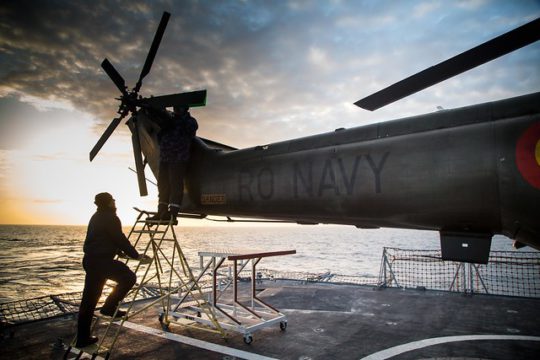The fighting in Syria has persisted for over two years. While Bashar al-Assad’s ranks have been bolstered by the entrance of Hezbollah fighters from Lebanon, the regime and its claim to power are anything but secure. The situation remains unclear, but the coalescing of aid from many NATO member-states could still disrupt the ambitions of the Assad regime. More broadly than just the family regime of al-Assad, the question of whether the day-to-day machinery of the Syrian state will ever fully recover remains to be seen. The struggle in Syria is indicative of a broader fight of post-colonial states in a struggle to define themselves. Usually this struggle results in the states resembling the Western nation-state – the very ones that once colonized them.
[captionpix align=”left” theme=”elegant” width=”320″ imgsrc=”http://natoassociation.ca/wp-content/uploads/2013/07/images.jpg” captiontext=””]
The dangerous mixture of ethnic, religious, and political identities clashing in Syria is only one among many of these conflicts. NATO ought to pay closer attention to the struggles of states attempting to exert a claim to nation-statehood. This will not always take the form of the violent ethnic nationalism of the Balkans, but can often come in more subdued formats as well, such as struggles over language rights in Ukraine. Furthermore, NATO needs to be careful when seeing new states arise; though it may be tempted to do so, it should not always jump in to support the model of state-building that it is most familiar with (e.g., Presidential Republicanism). It should work hard to include traditional and local governance systems wherever it has a hand in state-building.
NATO, as it was initially conceived, was a way to protect a collection of nation-states in Western Europe and North America. This meant that it was protecting a particular type of nation-state: those which were democratic and supportive of free-market principles. António de Oliveira Salazar’s Portugal hardly fit the democratic mould, but in highest days of the Cold War, there was often greater concern placed on not being communist, than there was on being truly democratic.
As NATO has grown, the interests of the Alliance have grown, not only towards protecting a certain collection of states in a particular mould, but also to creating them. The experiences of NATO in Kosovo, Bosnia, and Afghanistan, to name the most obvious examples, have been attempting to build these kinds of institutions as a part of the post-conflict reconstruction process. More specifically, these states have not just been vaguely democratic and free-market: they have been unitary presidential republics with defined voting systems. These are things familiar to Americans and Western Europeans, but have not always had staying power in parts of the world unfamiliar with these traditions.
Afghanistan is the best example: It is a state which came into its present form as a diplomatic and military chessboard between the rival Anglo-Indian and Russian Empires. The demographic make-up is a clear mix of religions and ethnicities; this is the result of imperial actors and their lack of sensitivity to cultural variances. When the new constitution was selected for Afghanistan in 2004 the course to Afghanistan’s future was charted in a particularly Western way: it was to be a centralized, presidential republic with no ethnic representation. For a country with long-standing ethnic rivalries and a history of weak central government that had not exercised full domestic control in a generation, this could not have been a worse choice. No structures were immediately created to recognize these irrefutable facts of Afghan existence; it was only after immense suffering that an engagement with traditional governance structures in the country (i.e., tribal ones) was begun, such as with the creation of the Afghan Local Police. However, the formal constitution of Afghanistan continues to place emphasis on these centralized means of control, many of which grate on often heavily locally-focused Afghans.
The lesson of Afghanistan’s governmental evolution is one that NATO cannot afford to re-learn in the future, no matter where or when it decides to intervene. With the situation in Syria showing an increasing likelihood of NATO involvement, this point is particularly important. Western European states were once the same heterogeneous mixture of ethnic and religious identities that are displayed in places like Afghanistan or Syria. This heterogeneity, however, was eliminated over time through the extension of homogenizing institutions and measures, some of them quite violent. If NATO intends to continue intervening in failed or failing states, it needs to consider the process through which its own members became states themselves. Furthermore, NATO needs to consider if the model of state that it has promoted thus far will actually work in the places it has attempted to export it to. A country filled with ethnic and tribal distinctions, let alone rivalries, is a poor place to insert a presidential republic unless you are prepared to accept the violence and political struggles that accompany it. The aim here is not to argue that a single form of government is best suited to non-Western parts of the world, but in the most general way to say that more consultative, sensitive forms of governance, which respond to not only the needs of a particular country, but also its traditions, are what is needed where the Alliance decides to engage in state-building.




